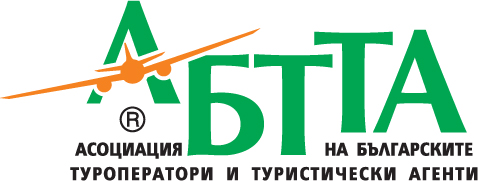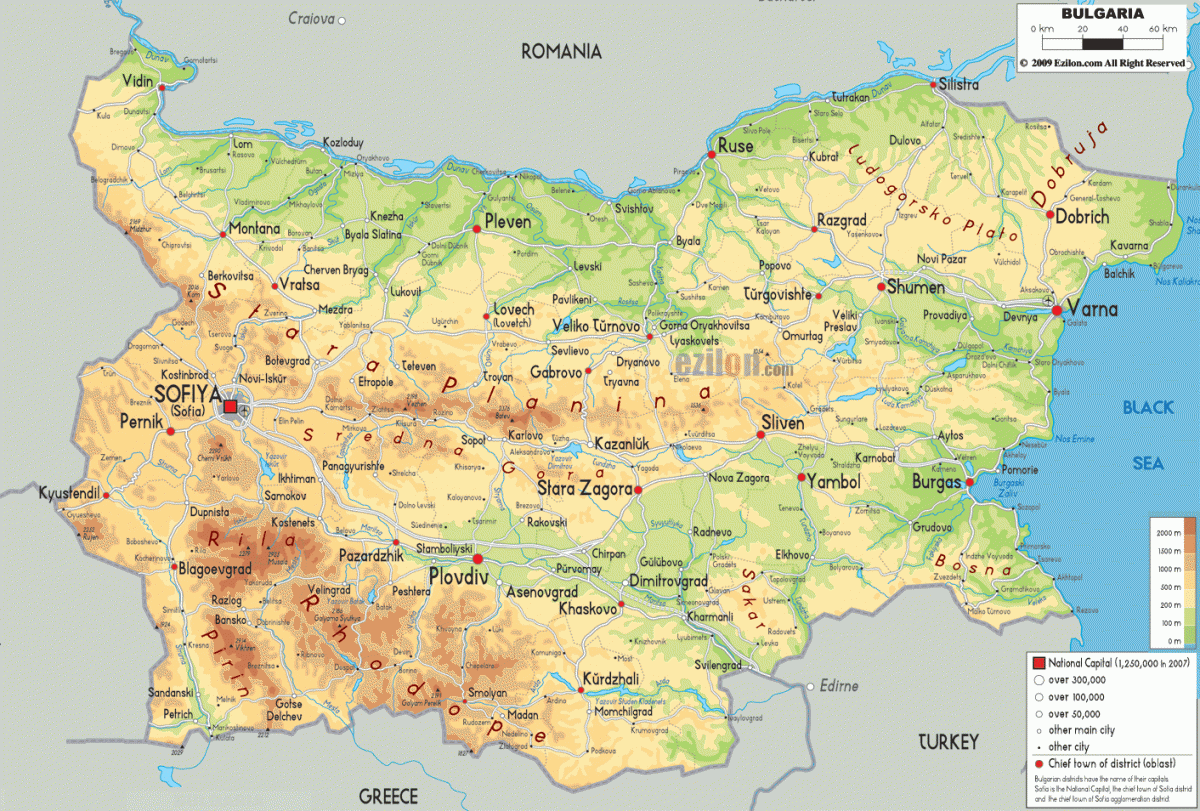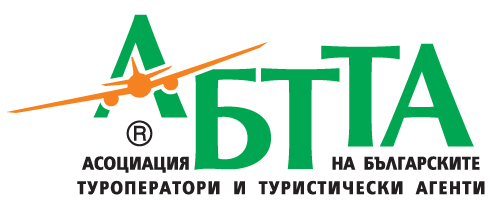General Facts
»
»
General Facts
Bulgaria is a parliamentary republic with a National Assembly (One House Parliament) of 240 national representatives. The President is Head of State.
The oficial anthem of the Republic of Bulgaria is Bulgaria Mila Rodino (Dear Motherland).
The local population is 7 364 570.
The ethnic groups that live in Bulgaria are Turks, Gypsies, Armenians, Jews, Greeks, Wallachians, and Albanians. All minorities live in harmony with the Bulgarian population without any social or ethnic pressure.
As for the religion the greater part of Bulgarian population is Eastern Orthodox. Smaller groups form Muslims, Catholics, Protestants, as well Dunov’s followers, Rosenkreuzer’s followers, Mormons, etc. The Bulgarian Church is autonomous and headed by a Patriarch.
Bulgaria is situated in Southeastern Europe and occupies the eastern part of the Balkan Peninsula. Its area is 111.000 sq km.
To the north it borders on Romania, to the west on the Republic of Macedonia and Serbia, to the east on the Black Sea, to the south on Greece and to the southeast on Turkey's European part.
Capital: Sofia (pop. 1,141,000)
Large Cities: Plovdiv, Varna, Bourgas, Veliko Turnovo, Stara Zagora, Rousse, Pleven, Dobrich, Shoumen
The oficial language in the country is Bulgarian.
English, German, and Russian is spoken mostly in the local resorts.
The alphabet is Cyrillic. Signs along international motorways, in airports and resorts are also spelled in Roman letters.
The official holidays are:
January 1 - New Year
March 3 - Bulgaria's Liberation from Ottoman rule
Easter - one week after the Catholic Easter
May 1 - Labour Day
May 6 - Bulgarian Army Day
May 24 - Day of Bulgarian Culture and the Slav Script
September 6 - Bulgaria's Unification
September 22 - Independance Day
December 25-26 - Christmas
The ethnic groups that live in Bulgaria are Turks, Gypsies, Armenians, Jews, Greeks, Wallachians, and Albanians. All minorities live in harmony with the Bulgarian population without any social or ethnic pressure.
As for the religion the greater part of Bulgarian population is Eastern Orthodox. Smaller groups form Muslims, Catholics, Protestants, as well Dunov’s followers, Rosenkreuzer’s followers, Mormons, etc. The Bulgarian Church is autonomous and headed by a Patriarch.
Bulgaria is situated in Southeastern Europe and occupies the eastern part of the Balkan Peninsula. Its area is 111.000 sq km.
To the north it borders on Romania, to the west on the Republic of Macedonia and Serbia, to the east on the Black Sea, to the south on Greece and to the southeast on Turkey's European part.
Capital: Sofia (pop. 1,141,000)
Large Cities: Plovdiv, Varna, Bourgas, Veliko Turnovo, Stara Zagora, Rousse, Pleven, Dobrich, Shoumen
The oficial language in the country is Bulgarian.
English, German, and Russian is spoken mostly in the local resorts.
The alphabet is Cyrillic. Signs along international motorways, in airports and resorts are also spelled in Roman letters.
The official holidays are:
January 1 - New Year
March 3 - Bulgaria's Liberation from Ottoman rule
Easter - one week after the Catholic Easter
May 1 - Labour Day
May 6 - Bulgarian Army Day
May 24 - Day of Bulgarian Culture and the Slav Script
September 6 - Bulgaria's Unification
September 22 - Independance Day
December 25-26 - Christmas





